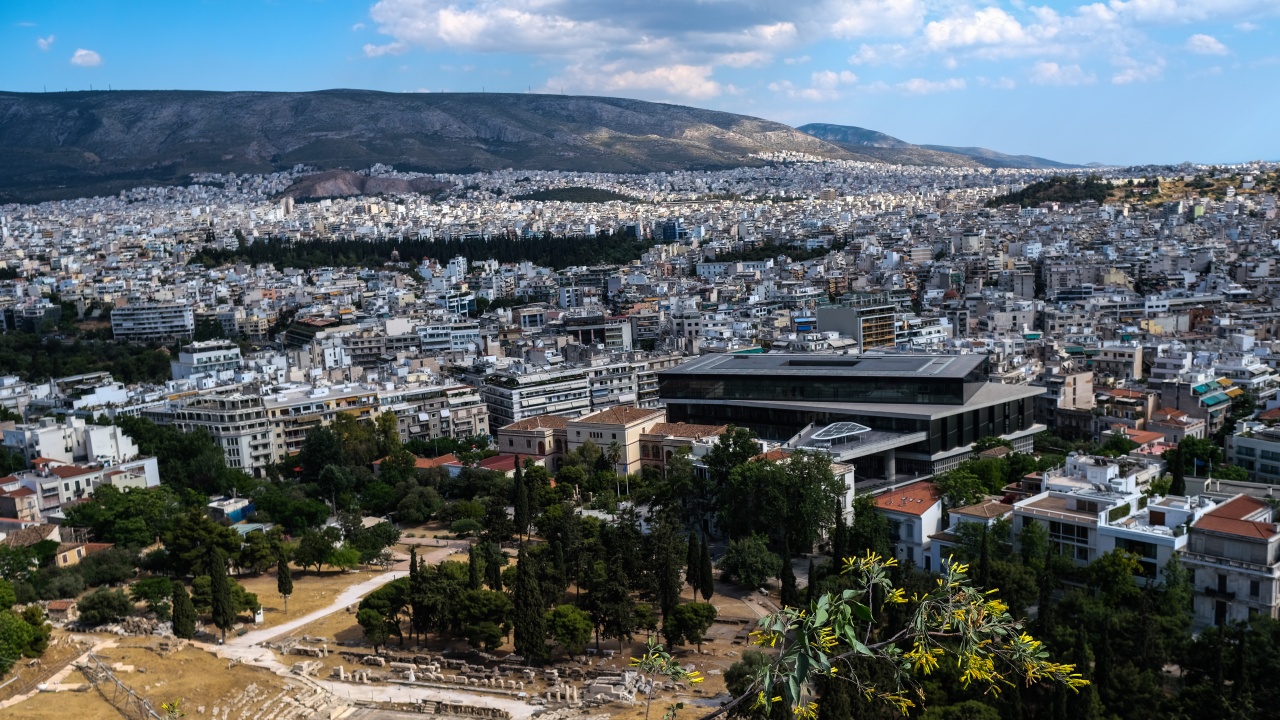Listen to the news
After the summer, it is very likely that the streets in Greece will become a little darker, historical monuments will no longer be bathed in artificial light all night and households will be on electricity mode, warns the Minister of Environment and Energy Kostas Skrekas, quoted by the Athens "Kathimerini" newspaper.
Skrekas told the publication that the measures described above are necessary if Europe wants to reduce its natural gas consumption by 15% and may be necessary anyway if Russia cuts off natural gas supplies to Europe.
The project company of the Greece-Bulgaria interconnector received a license for the transmission of natural gas for the territory of Greece
Before households are directly affected, municipalities will have to remove lamps from 10% of their street lighting and turn off the lighting of monuments at 3am.
The measures will initially be voluntary, but could become mandatory if local authorities do not respond to the call.
"We all need to understand that we cannot act as if nothing is happening around us," the minister said.
"There is a war that is destroying a country and also fueling an energy crisis the likes of which we have never seen... we all have to realize that we cannot waste energy," he said.
A broad campaign will be carried out to encourage households to reduce their energy consumption.
"Of course, the last resort is a forced reduction in household consumption through power mode... we can't rule anything out."
The government plans to support the industry in the difficult period, regardless of whether the European Union approves a support mechanism, as the government has requested, or not.
But in anticipation of the difficulties, industries have begun to change the mix of fuels they use.
Natural gas consumption by such companies in the first half of 2022 fell by 71.06% compared to the same period last year to 1.67 terawatt hours, and natural gas now accounts for only 5.51% of Greek fuel consumption industry.
Energy needs will be partially met by increasing the production of lignite or brown coal, a highly polluting source that Greece had to phase out.
The Public Electricity Corporation was asked to double the power generation.
This will mean in the first place a halt to the phasing out of lignite for two or perhaps three years and even an immediate increase in its production.
Skrekas explains that lignite will become more important again even without the mandatory consumption cuts, as global energy prices have soared.
"The need to reduce our use of natural gas stems primarily from the fact that we import it entirely," he says.
